Indian Americans form a vibrant and rapidly growing community in the United States, comprising over 5.2 million people as of 2025. They are the second-largest immigrant group by country of origin, only behind Mexicans. This dynamic diaspora is not monolithic; instead, it mirrors India’s vast diversity, including various religions, castes, regions, and generations.
Notably, 70 per cent of Indian immigrants in the US arrived within the last 25 years, marking them as a relatively new but influential community that is deeply embedding itself into American society as stated by the recent 2025 research by Carnegie Endowment for International Peace.
Civic engagement: 17 per cent volunteer in community service; political discussion jumps to 67 per cent
Indian Americans display a strong commitment to civic participation. A significant 17 per cent engage in voluntary community service, while 14 per cent work collectively with others to solve local problems, reflecting a community-driven mindset. Political engagement is also on the rise, with 67 per cent of respondents reporting that they discuss politics with friends and family in 2024—a nearly 20-point increase since 2020.
This signals a heightened political awareness amid the charged environment of recent US elections and global events. However, other forms of political engagement, such as campaign donations (14 per cent) and volunteering for campaigns (10 per cent), still lag behind discussion levels but remain steady compared to previous years.
Legal and cultural connectivity: 79 per cent are US citizens, 81 per cent ate Indian food recently
Indian Americans maintain strong ties to their ancestral homeland while forging an American identity. Legally, 79 per cent of Indians in the US are citizens, including naturalized and native-born, with 41 per cent naturalized. Many hold Overseas Citizenship of India (OCI), a status conferring ease of travel and residence in India.
Culturally, practices flourish: 81 per cent consumed Indian food within the previous month, highlighting the centrality of cuisine in cultural retention. Additionally, 65 per cent watched Indian TV or movies, and 38% engaged with Indian music, dance, or art recently.
Identity and belonging: 87 per cent say being Indian is important, growing among US-born
A striking 87 per cent of Indian Americans place great importance on their Indian heritage, a figure that has grown notably among U.S.-born respondents—from 70 per cent in 2020 to 86 per cent in 2024. This trend reflects a resurgence of ethnic pride and identity in response to contemporary political climates marked by rising nationalism and questions about immigration. Interestingly, the label "Indian American" is becoming less popular, dropping from 43 per cent identifying thus in 2020 to 26 per cent in 2024, while identification as "Asian Indian" or "Asian American" has increased significantly, symbolizing evolving self-perceptions within the diaspora.
Religion and caste: 55 per cent identify as Hindu, 77 per cent support anti-caste discrimination laws
Religion remains a significant facet of life for Indian Americans; 55 per cent identify as Hindu, 14 per cent as Muslim, and 8 per cent as Christian. While religiosity varies—with Hindus attending religious services less frequently than Muslims and Christians—faith continues to shape community bonds.
Caste identity, a complex and contentious issue crossing over from India, also figures prominently. Thirty-two percent do not identify with any caste, but 46 per cent consider themselves part of the general or upper caste.
Critically, a robust 77 per cent of respondents support anti-caste discrimination laws in the United States, reflecting a strong community consensus in favor of social equity and inclusion despite the persistence of caste-based bias.
Discrimination experienced by half: 49 per cent faced bias, mainly skin color-based
Despite their successes, Indian Americans face significant social challenges. Nearly half of respondents (49 per cent) reported experiencing discrimination in the past year, with skin color bias (31 per cent) the most common form.
Discrimination due to country of origin (20 per cent) and religion (19 per cent) was also prevalent, illustrating complex intersections of racial and ethnic biases in America.
Notably, US-born Indian Americans report higher rates of discrimination (64 per cent) compared to foreign-born citizens and noncitizens, reflecting nuanced experiences of identity and belonging within the diaspora.
The rise of nationalism: 81 per cent concerned about white supremacy threats in the US
Rising majoritarian nationalism poses a palpable concern. Eighty-one per cent of Indian Americans view white nationalist threats in the United States, exemplified by events such as the 2017 Charlottesville rally, as a serious problem.
Comparatively, 69 per cent express concern about Hindu majoritarianism in India, underscoring dual anxieties about political extremism in both their country of residence and origin.
This awareness shapes community advocacy and civic involvement, motivating Indian Americans to navigate and resist forces of exclusion and intolerance.
Political knowledge and participation: Gaps exist amid high engagement
While Indian Americans demonstrate high levels of political engagement, gaps in political knowledge persist. Less than 40 per cent could correctly identify the process of selecting India’s prime minister or understood key elements of Indian political history.
American political knowledge also shows variation, with 62 per cent recognizing First Amendment rights related to religion and only half aware of US Senate terms. US-born respondents tend to be less knowledgeable about Indian politics but more informed on American political structures, highlighting the generational evolution of diaspora awareness.
Navigating multiple identities: 47 per cent feel equally Indian and American
Identity navigation is a complex balancing act. Forty-seven per cent of Indian Americans feel equally Indian and American, reflecting a bicultural integration.
Yet, 24 per cent feel more Indian than American, and another 24 per cent feel more American than Indian. These feelings differ notably by birthplace, with foreign-born respondents more likely to emphasize their Indian heritage and U.S.-born respondents more likely to identify as American. This fluidity of selfhood speaks to the diasporic challenge of belonging and cultural retention in a multicultural society.
Indian Americans are a diverse, resilient, and influential community
In 2025, Indian Americans stand at a crossroads of tradition and modernity, actively shaping and reshaping their identities amid evolving social and political contexts. Their high civic and political engagement, cultural vibrancy, and growing ethnic consciousness underscore their growing influence in American life.
But persistent challenges—discrimination, knowledge gaps, and the pressures of nationalism—underscore the ongoing journey of integration and affirmation. Indian Americans not only embody the American immigrant story but also contribute uniquely to the ever-changing tapestry of US society.


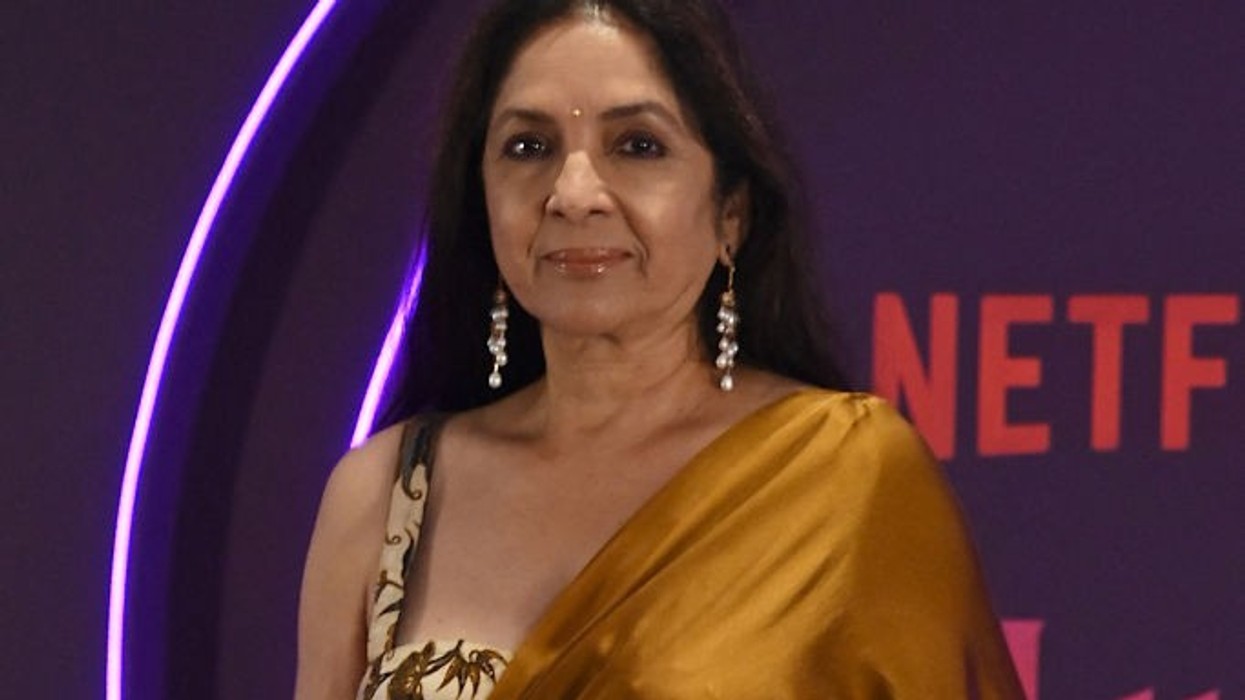
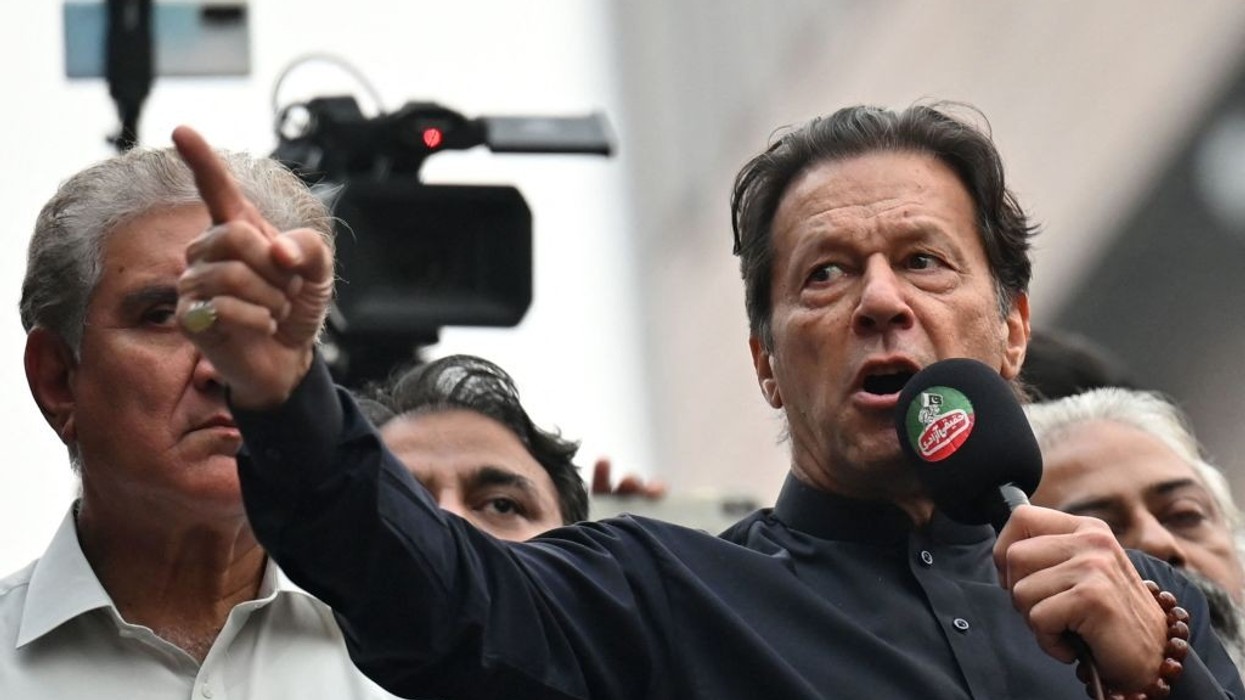
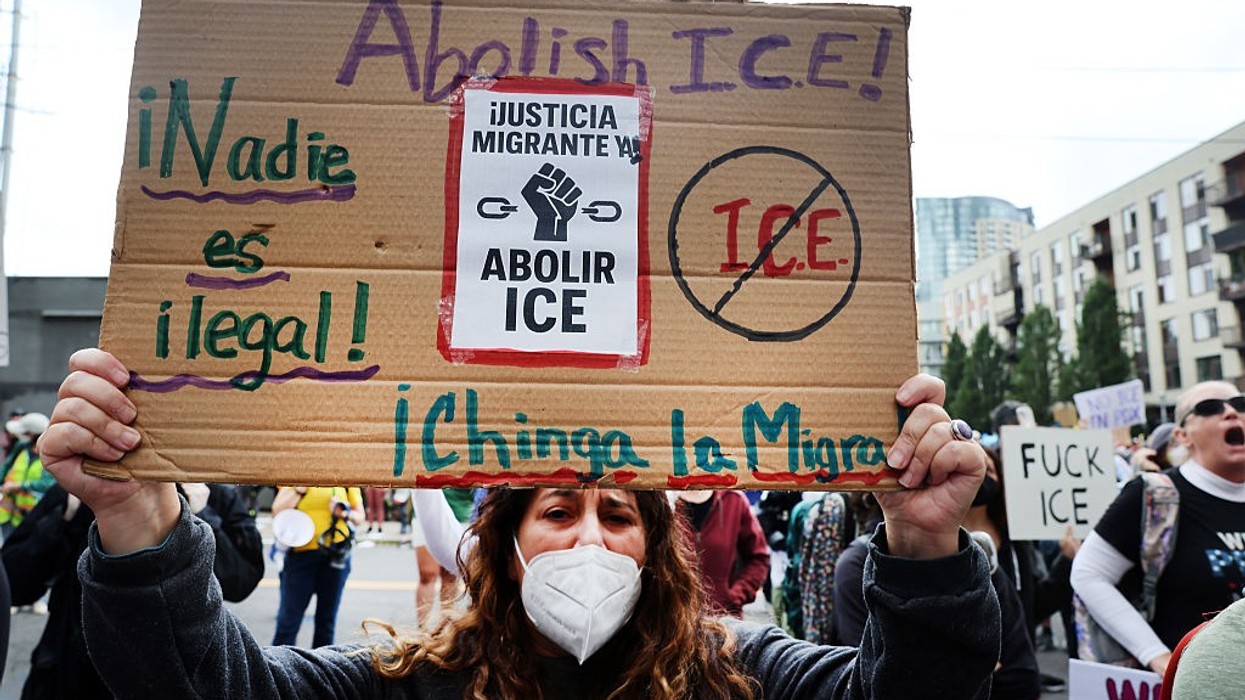

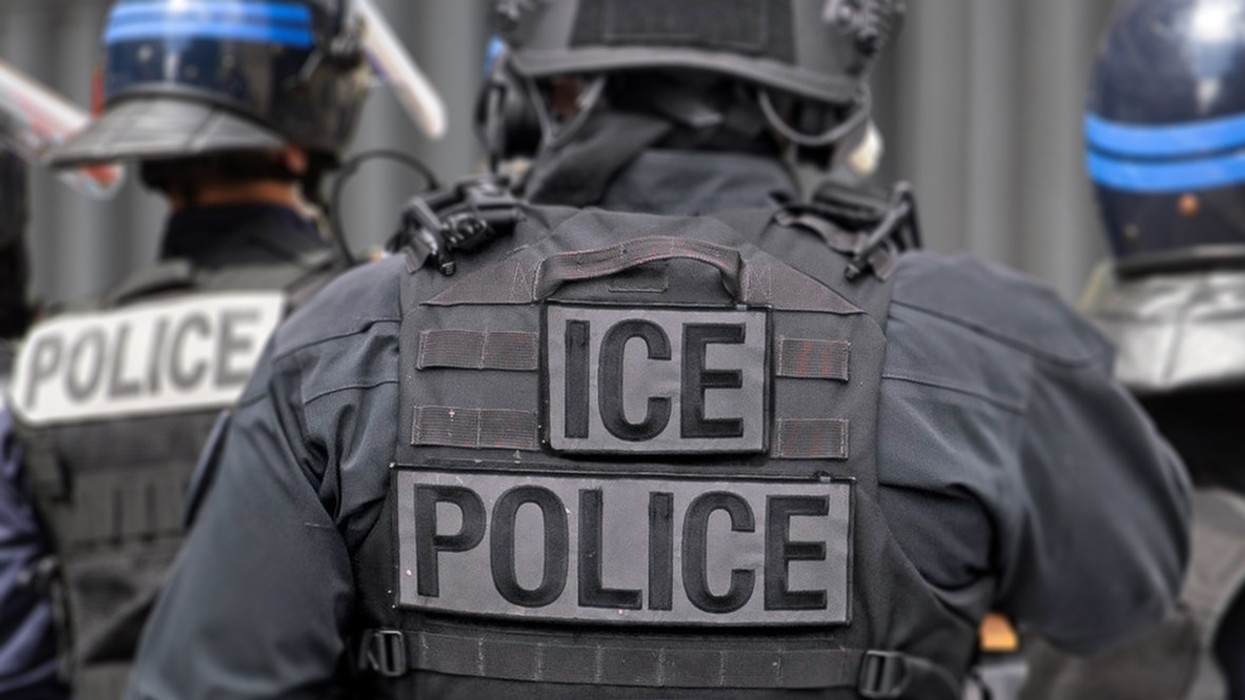




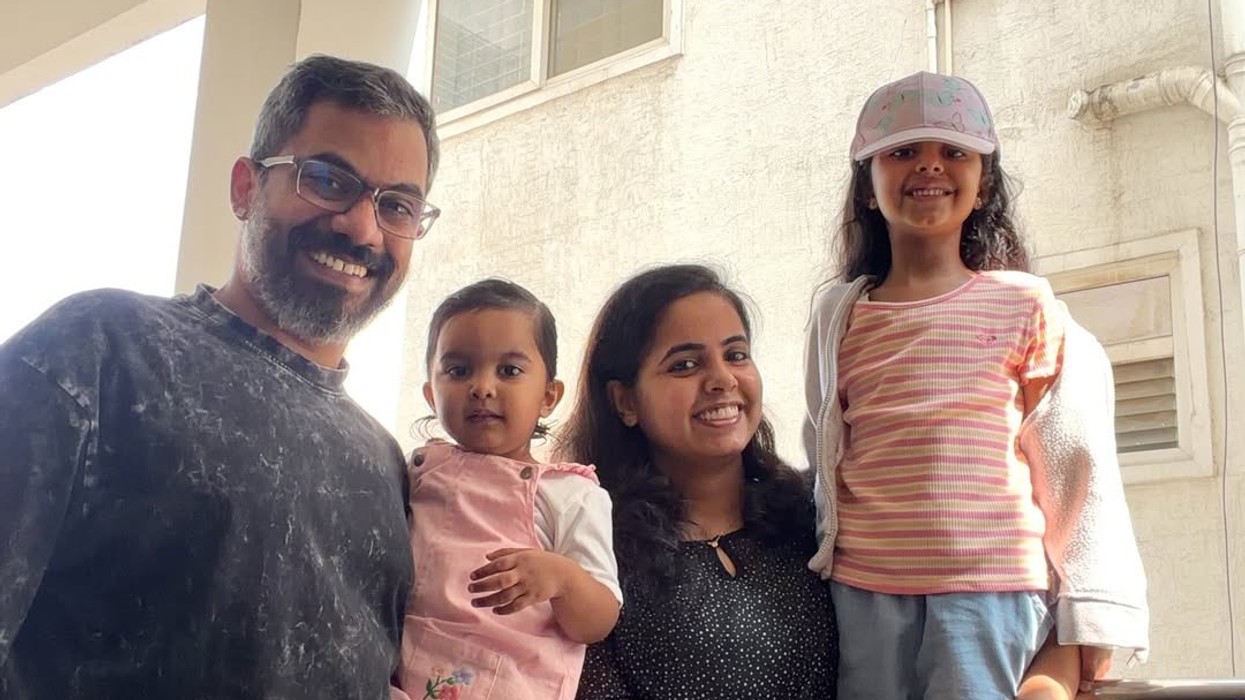
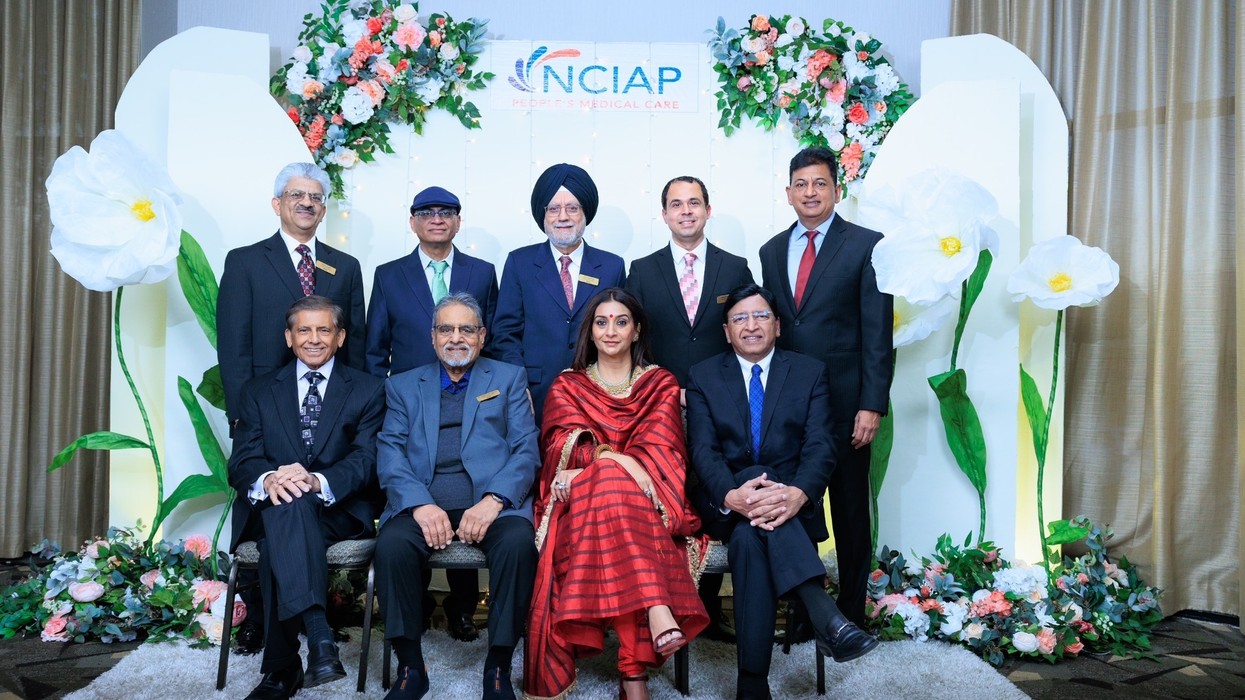
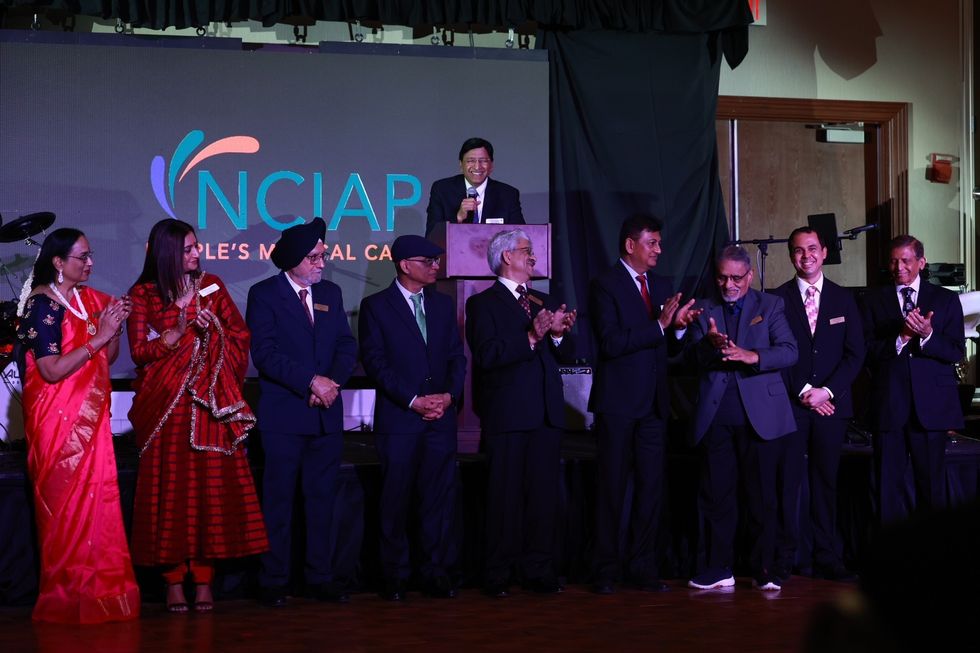 NCIAP
NCIAP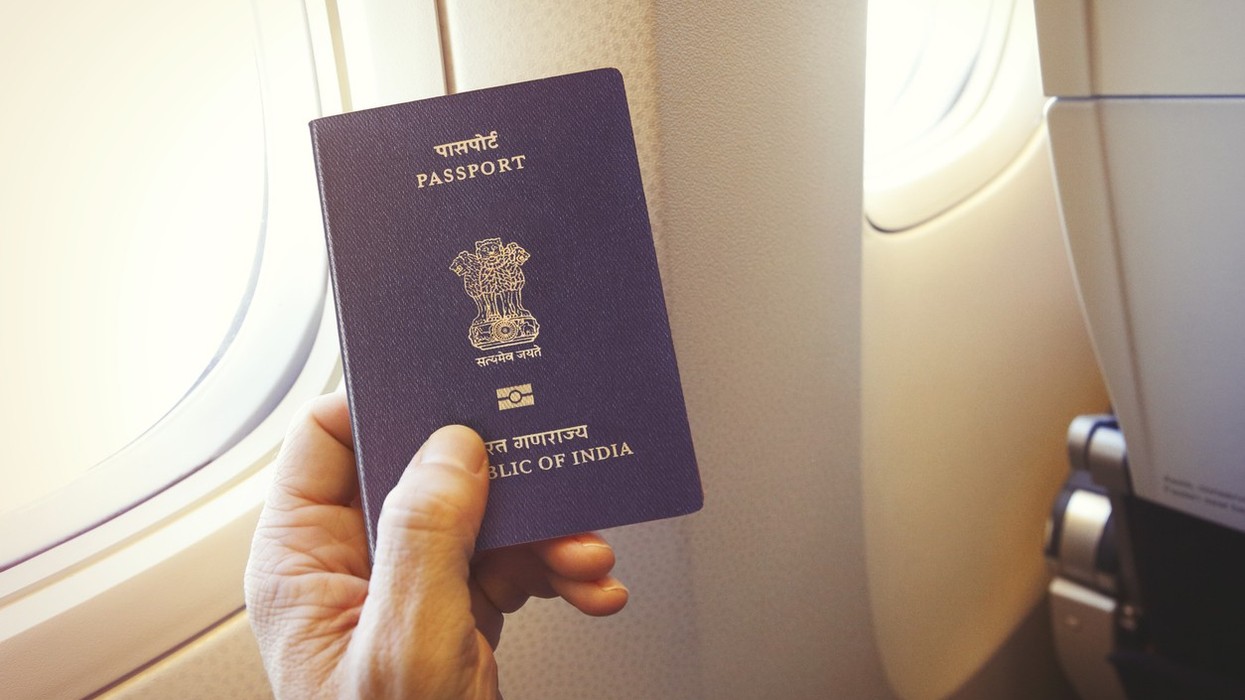
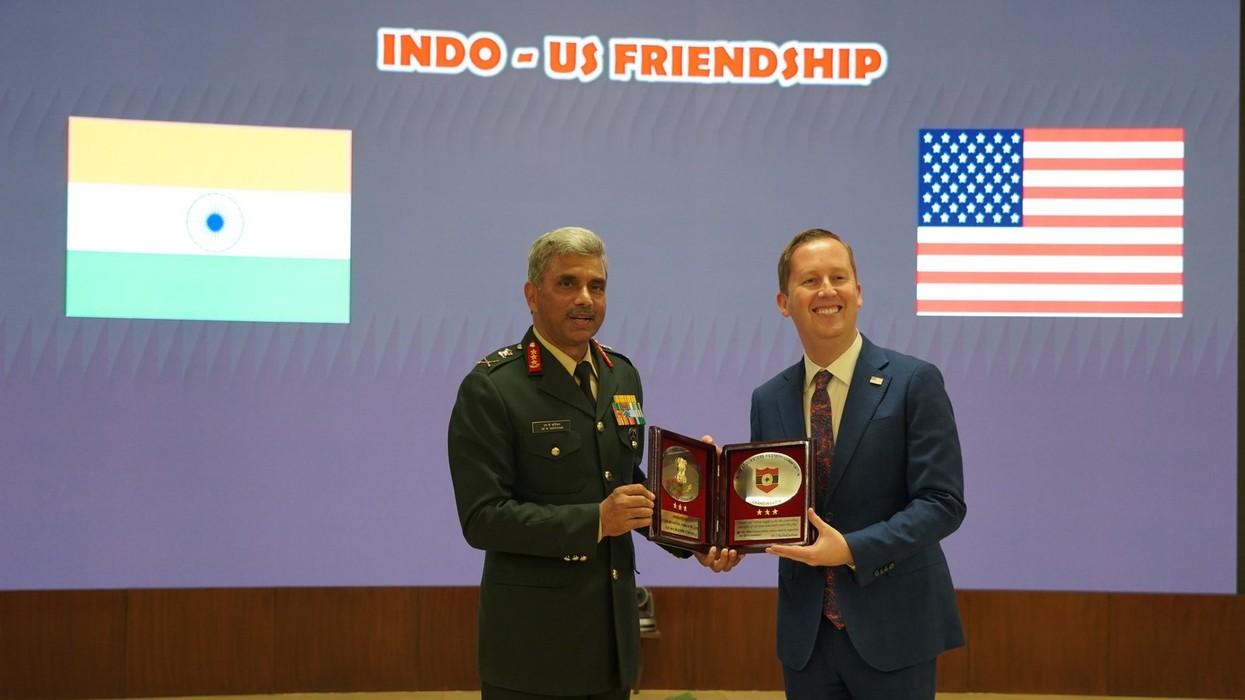
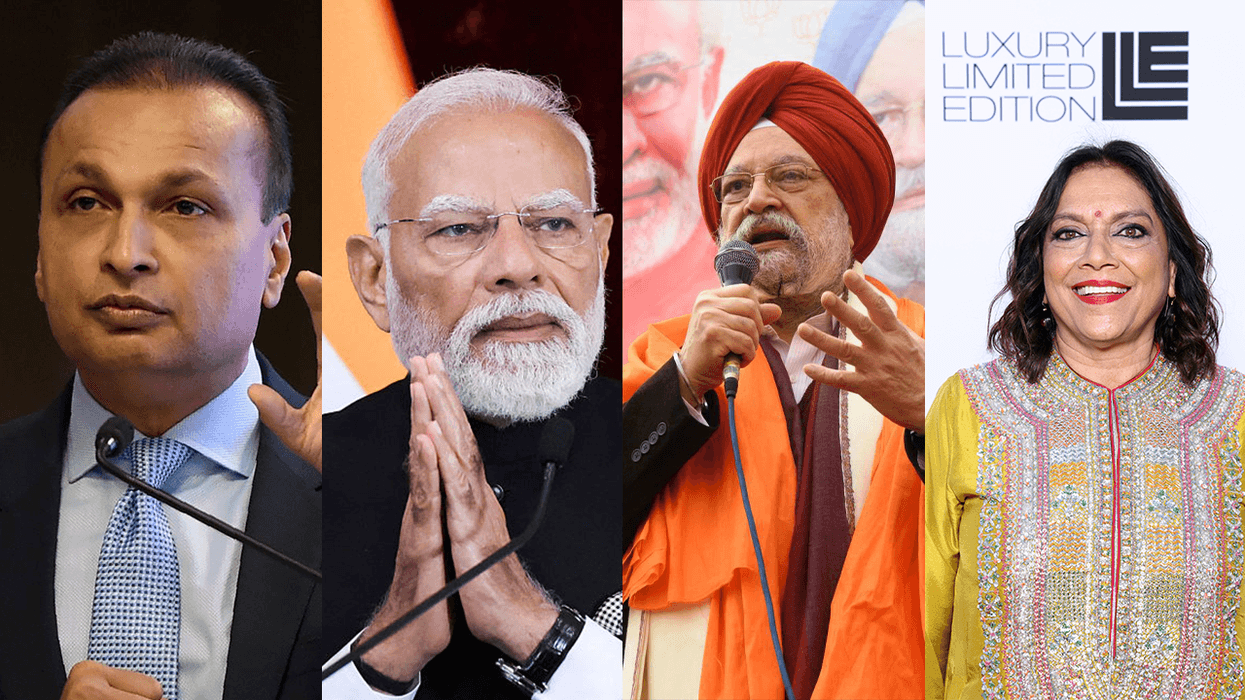
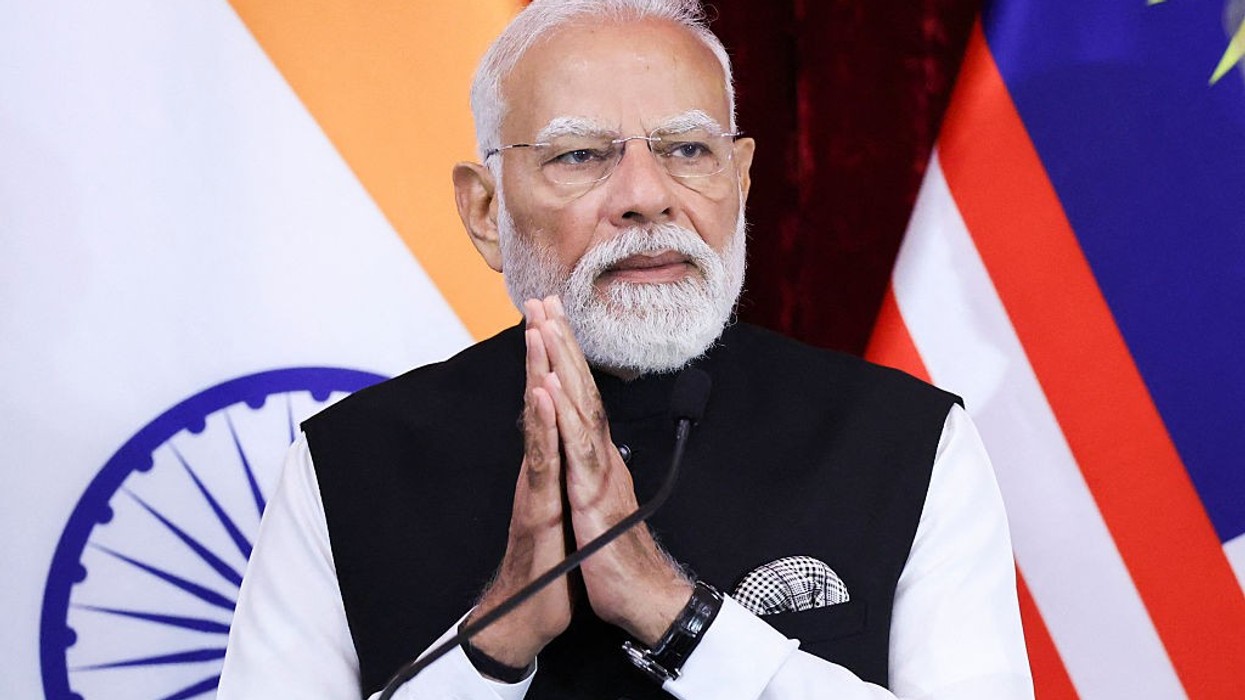 Indian Personalities Referenced in Epstein-Related Court DocumentsGetty Images
Indian Personalities Referenced in Epstein-Related Court DocumentsGetty Images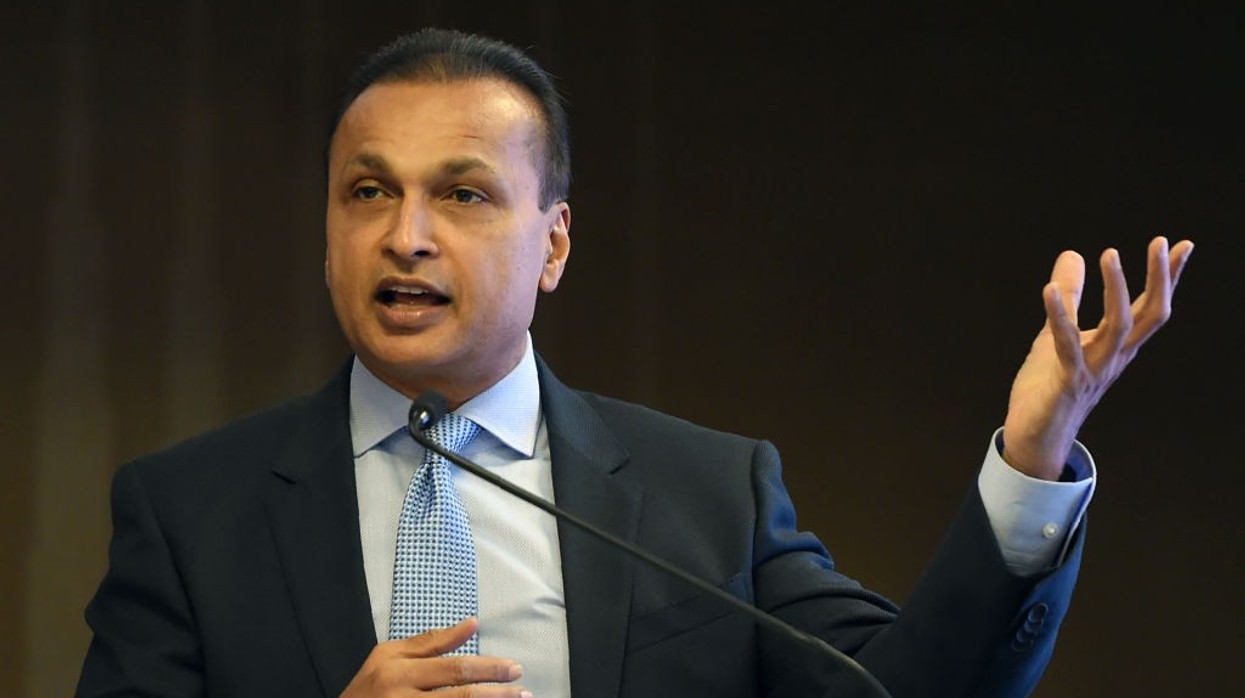 Indian Personalities Referenced in Epstein-Related Court DocumentsGetty Images
Indian Personalities Referenced in Epstein-Related Court DocumentsGetty Images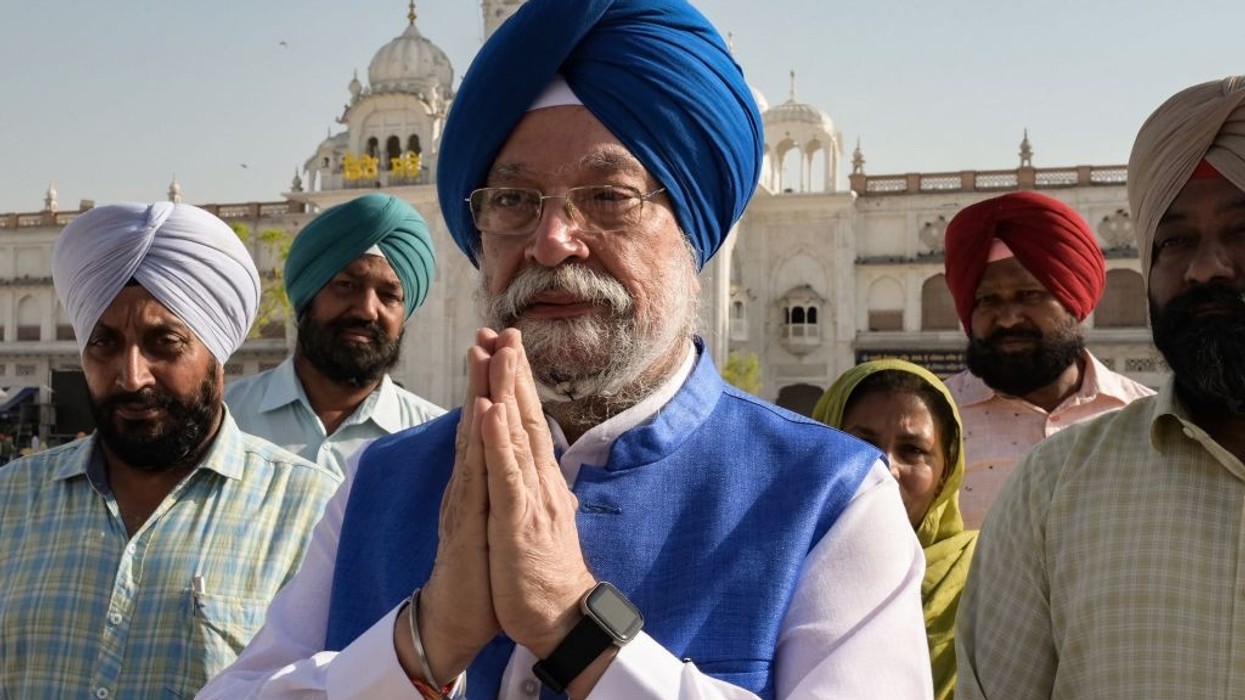 Indian Personalities Referenced in Epstein-Related Court DocumentsGetty Images
Indian Personalities Referenced in Epstein-Related Court DocumentsGetty Images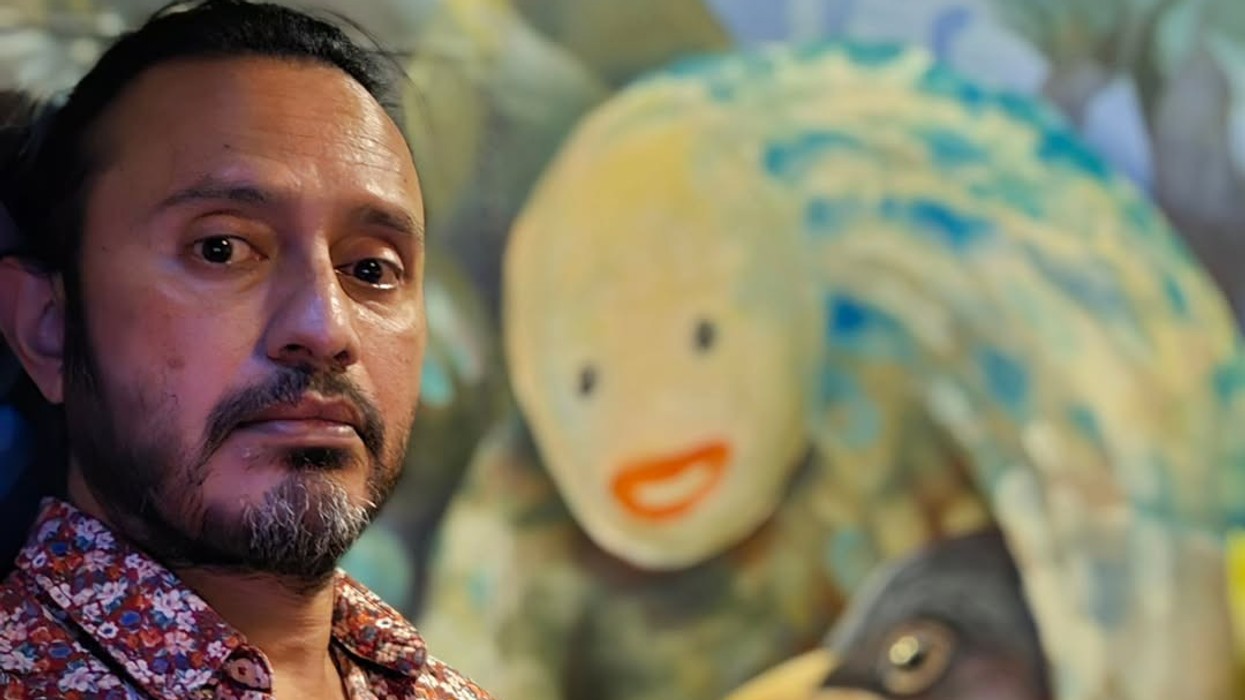 Indian Personalities Referenced in Epstein-Related Court DocumentsInstagram/@
Indian Personalities Referenced in Epstein-Related Court DocumentsInstagram/@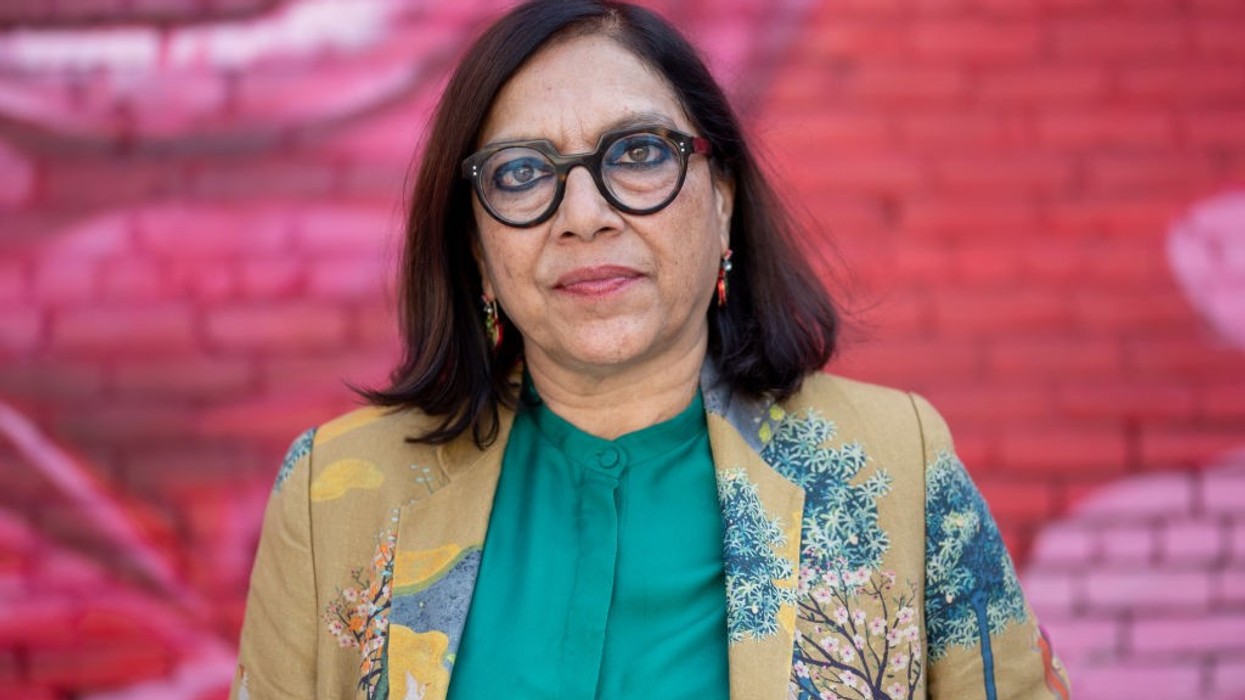 Indian Personalities Referenced in Epstein-Related Court DocumentsGetty Images
Indian Personalities Referenced in Epstein-Related Court DocumentsGetty Images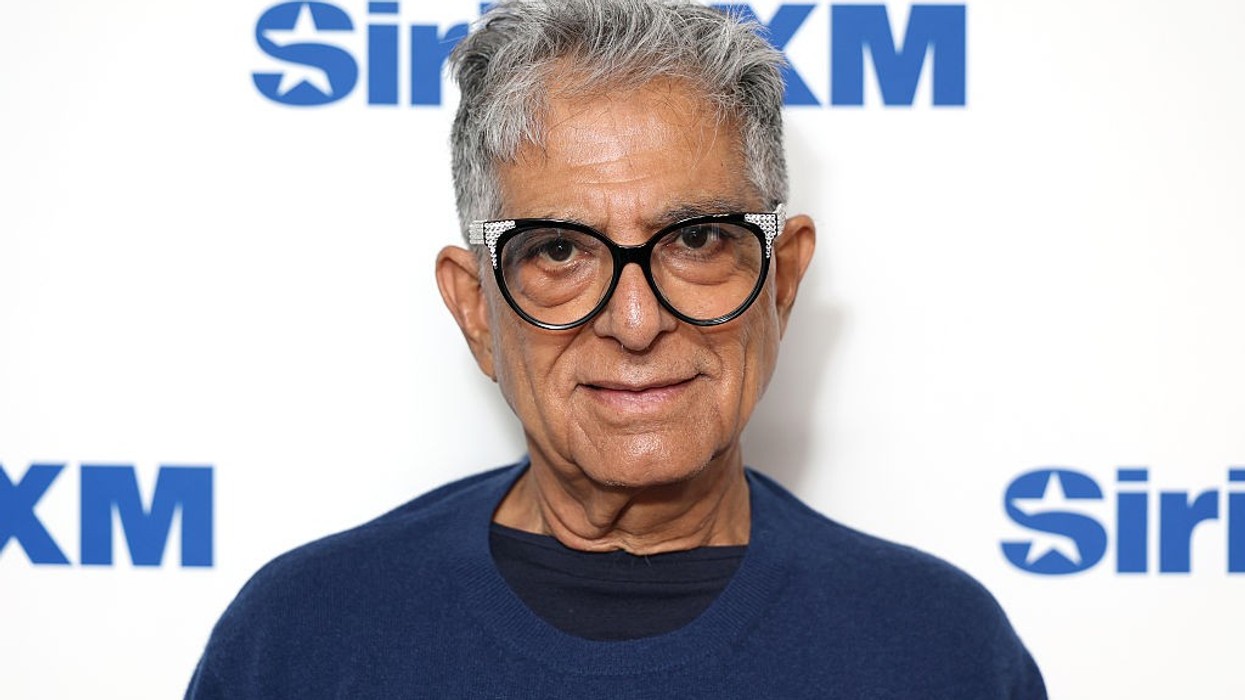 Indian Personalities Referenced in Epstein-Related Court DocumentsGetty Images
Indian Personalities Referenced in Epstein-Related Court DocumentsGetty Images Indian Personalities Referenced in Epstein-Related Court DocumentsGetty Images
Indian Personalities Referenced in Epstein-Related Court DocumentsGetty Images